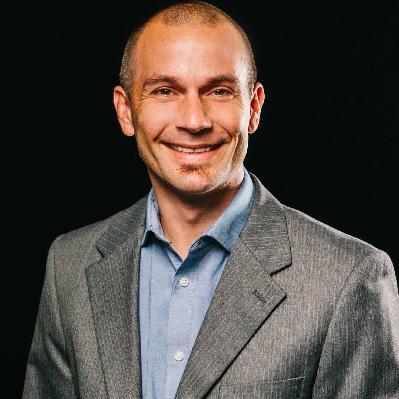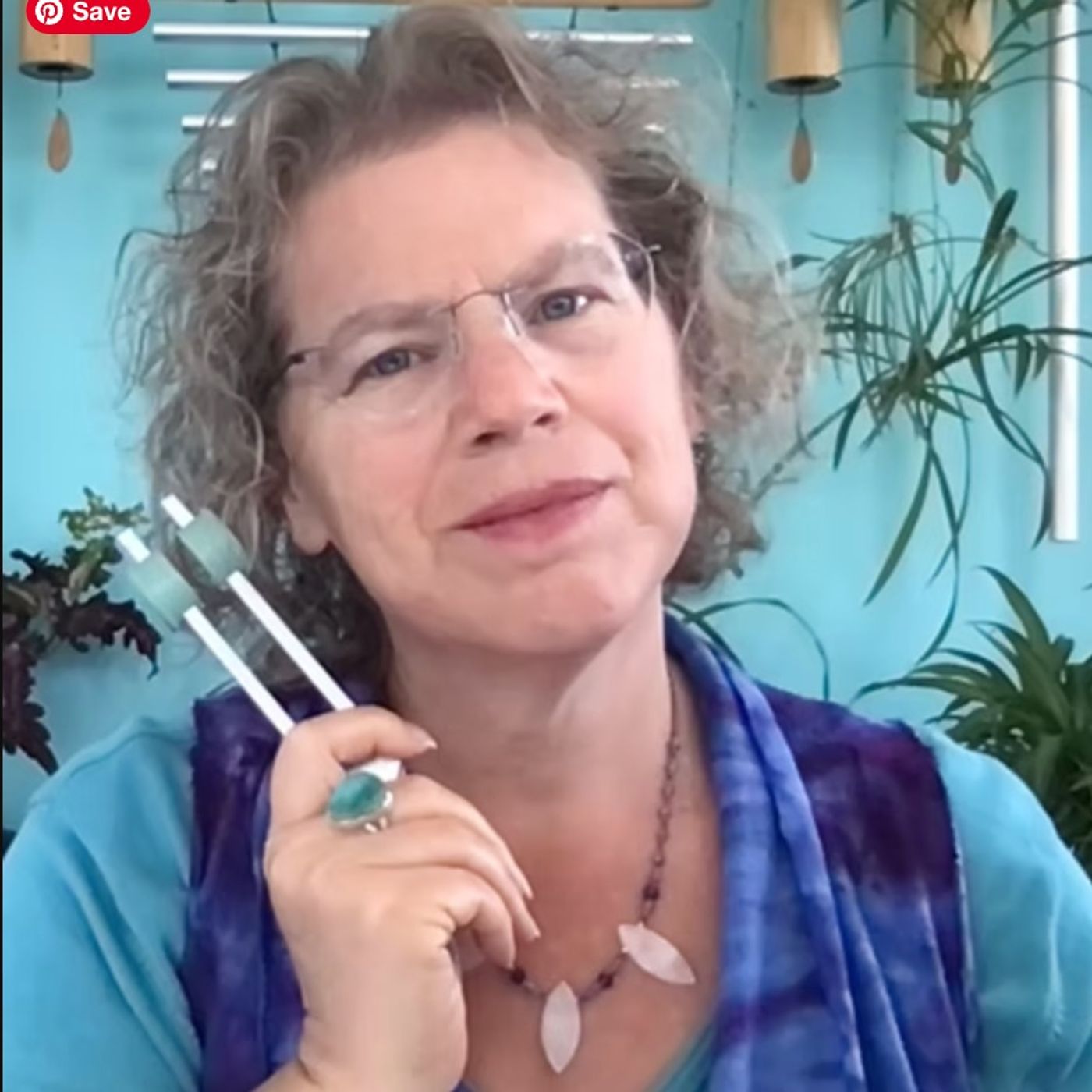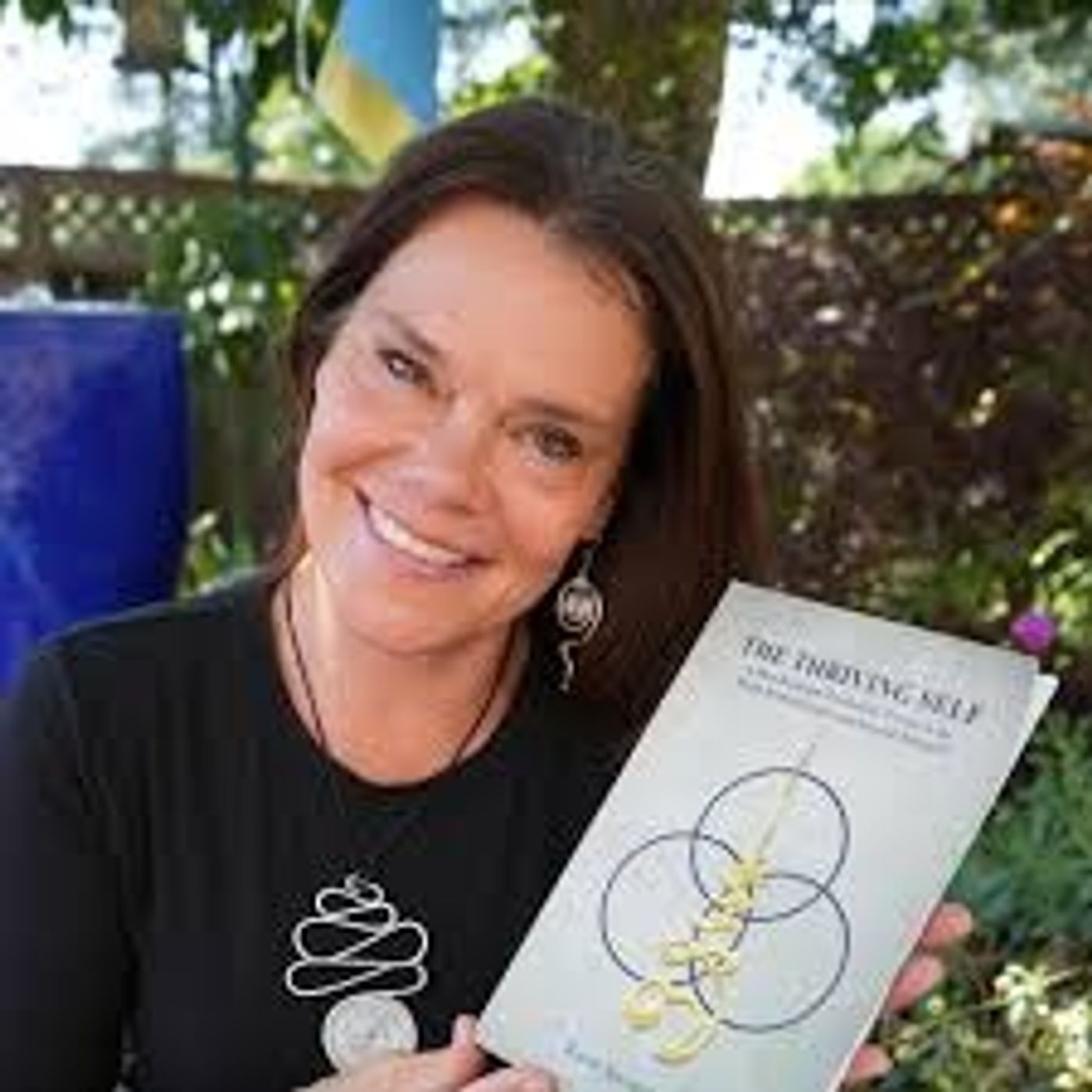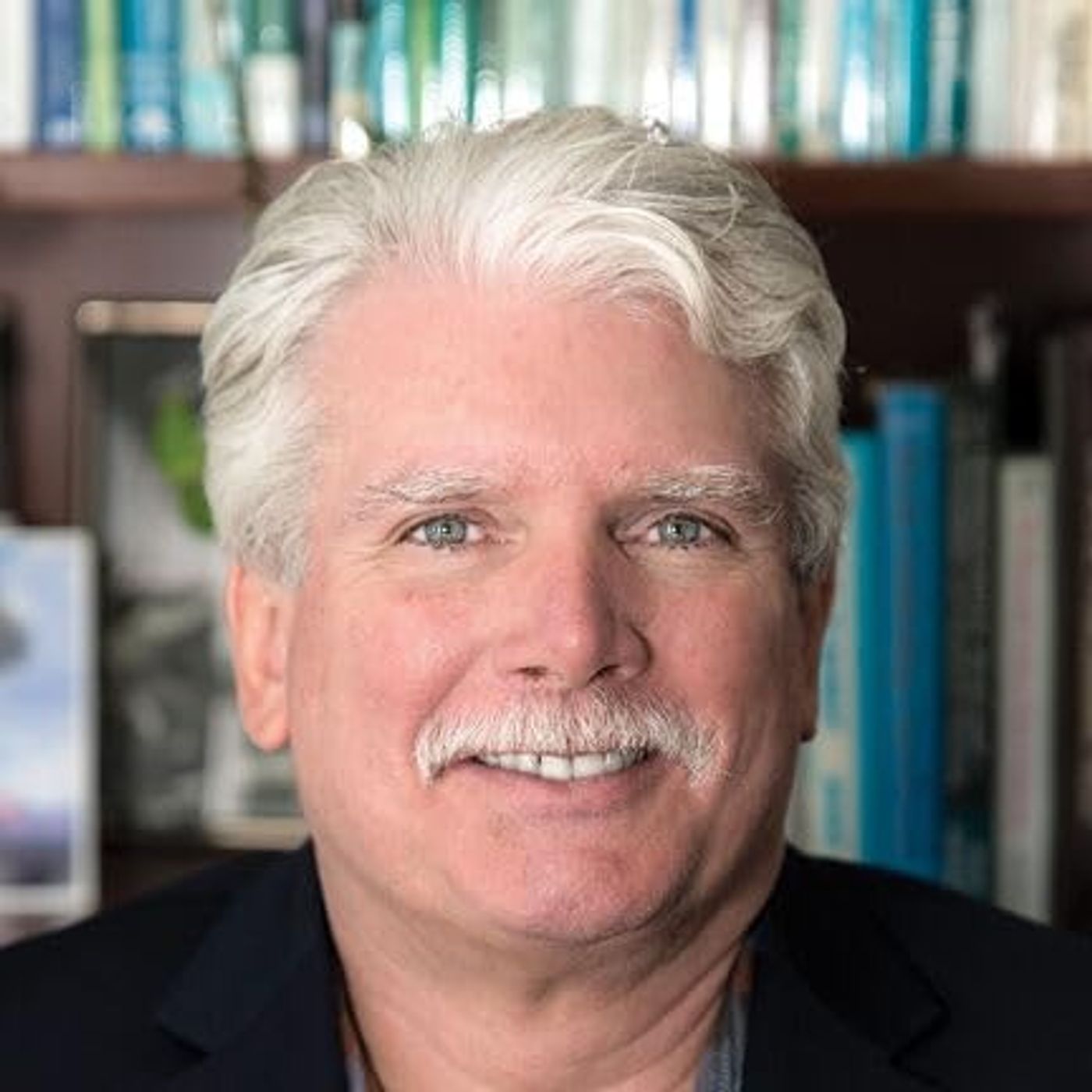Utilizing Intrapsychic and Larger Systemic Systems to Create and Support Resiliency in Individuals, Families and Communities
Update: 2024-06-24
Description
In this episode, Michael discusses his work in therapy, resilience research, and helping people find diverse systems to support their well-being. Michael explains how he became interested in predictions of psychopathology and pathways to adolescent well-being through resilience and advocacy. Throughout his early career, he noticed how there had been greater efforts to suppress disorders, but these efforts did not create a sustainable, clinical outcome for people. He explores how intrapsychic systems and larger, systemic environments are important for supporting and maintaining resilience. Michael defines resilience as 1) a navigation to the resources you need and 2) a negotiation for these resources in culturally relevant ways. He states that stimulating optimism for teenagers doesn't just come from internal self-affirmation, but also from living in predictable environments. He also emphasizes the importance of caregivers and social networks in an adolescent's life. These relationships support a positive identity in adolescents, allowing them to have control and self-efficacy. We discuss how both stimulating a social network and giving young people a sense of identity are vital to promoting resilience. Michael then moves on to explain how there are differences between positive psychology and the study of resilience. The study of resilience is about matching the right protective factor to a particular risk profile. He explains that through his research, he has identified a core list of 52 potential resilience predictors. He developed a program, R2, where he takes the list of 52 predictors and identifies which factors are most relevant to the population in a specific region. Through this process, Michael and his team have been able to provide a more tailored approach to promoting resilience. For example, he mentions how in certain cities, transportation systems and housing are the key factors for promoting resilience in people. We then go on to discuss how changes in even just one of these systems can result in virtuous or negative cycles in someone’s well-being. Changes in transportation and housing may have a cascading effect on co-occurring systems of a person’s life, which may then affect their overall well-being. We emphasize how in therapy with an individual, it is important to work in the context of their external systems, such as their school or their workplace, instead of simply focusing on the individual’s depression. Though it may seem like social work, he believes it is vital to not delineate between what psychologists do and what social workers do. Michael finds that expanding various aspects of one’s identity and engaging their social networks in therapy can cultivate better mental health and resilience for a person. Finally, he touches upon the idea of wear and tear on adolescents. There is a toll that resilience and stress take on adolescents: They may seem successful in some ways, but then may crash later in life. Michael states that resilience is a constant dance between helping people navigate and negotiate for their needs, but never assuming that the journey for healing is complete.
Michael Ungar, Ph.D. is the founder and Director of the Resilience Research Centre at Dalhousie University where he holds the Canada Research Chair in Child, Family and Community Resilience. In 2022, Michael was ranked the number one Social Work scholar in the world in recognition of his ground-breaking work as a family therapist and resilience researcher. That work has influenced the way human development and organizational processes are understood and studied globally, with much of Dr. Ungar’s clinical work and scholarship focused on the resilience of marginalized children and families, and adult populations experiencing mental health challenges at home and in the workplace. In addition to providing consultation to international NGOs like the Red Cross and Save the Children, government agencies in more than a dozen low, middle, and high income countries, and educational institutions at all levels of study, Dr. Ungar’s research has also influenced the HR and corporate social responsibility initiatives of Fortune 500 companies like Unilever, DHL and Cigna. Michael’s work emphasizes how to use the theory of resilience to increase both individual and institutional agility during crises, with numerous organizations having adopted his concept of resilience as a negotiated process that enhances wellbeing and social responsibility. He is the author of over 250 peer reviewed articles and book chapters and 17 books. His blog, Nurturing Resilience, can be read on Psychology Today’s website.
Michael Ungar, Ph.D. is the founder and Director of the Resilience Research Centre at Dalhousie University where he holds the Canada Research Chair in Child, Family and Community Resilience. In 2022, Michael was ranked the number one Social Work scholar in the world in recognition of his ground-breaking work as a family therapist and resilience researcher. That work has influenced the way human development and organizational processes are understood and studied globally, with much of Dr. Ungar’s clinical work and scholarship focused on the resilience of marginalized children and families, and adult populations experiencing mental health challenges at home and in the workplace. In addition to providing consultation to international NGOs like the Red Cross and Save the Children, government agencies in more than a dozen low, middle, and high income countries, and educational institutions at all levels of study, Dr. Ungar’s research has also influenced the HR and corporate social responsibility initiatives of Fortune 500 companies like Unilever, DHL and Cigna. Michael’s work emphasizes how to use the theory of resilience to increase both individual and institutional agility during crises, with numerous organizations having adopted his concept of resilience as a negotiated process that enhances wellbeing and social responsibility. He is the author of over 250 peer reviewed articles and book chapters and 17 books. His blog, Nurturing Resilience, can be read on Psychology Today’s website.
Comments
In Channel
























